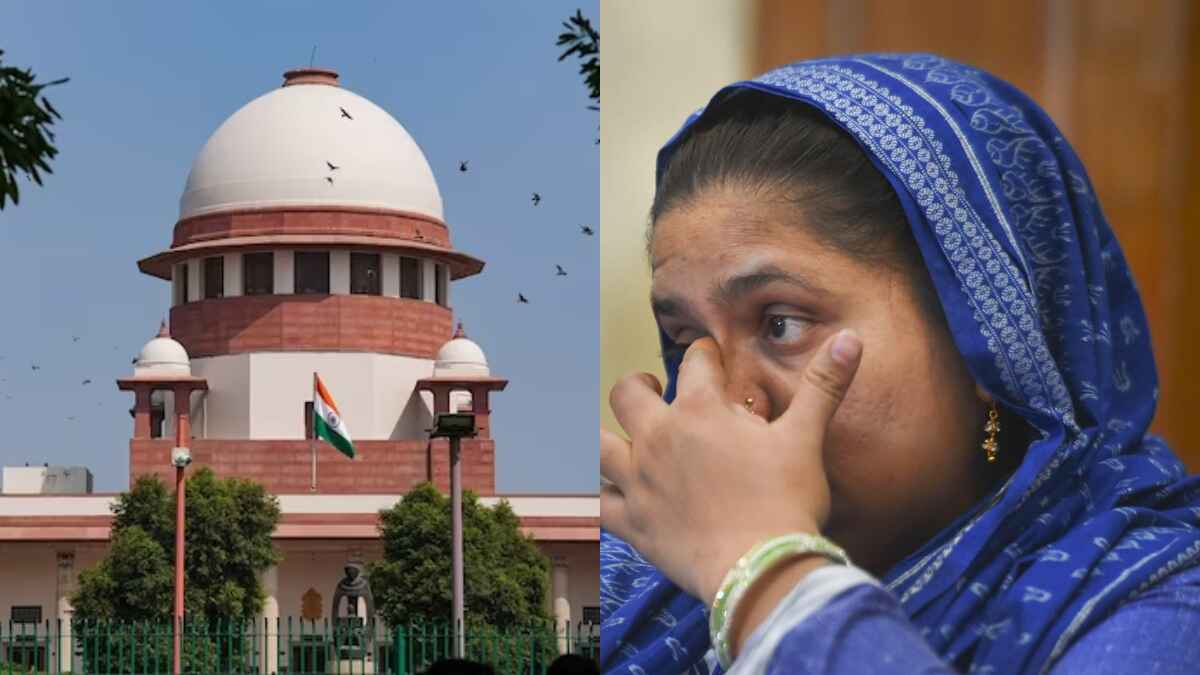– Apoorv Agarwal
Lecturer, Faculty of Law
(Jindal Global Law School)
Introduction: In a landmark judgment authored by Justice BV Nagarathna, the Supreme Court of India has recently demonstrated its unwavering commitment to upholding the rule of law. The case in question involves the remission of 11 convicts implicated in the 2002 Gujarat communal riots, providing a compelling backdrop to explore the court’s pivotal role in preserving justice, fairness, and constitutional principles.
The Philosophical Foundation: Justice Nagarathna’s judgment begins with a philosophical foundation rooted in the timeless wisdom of Plato. The court’s invocation of Plato’s curative theory of punishment signifies a departure from mere retribution toward an approach that views punishment as a means of prevention and reformation. Drawing parallels between penalty and medicine, the court envisions a justice system focused on the betterment of the individual rather than vindictive retribution. This philosophical underpinning sets the tone for a nuanced and compassionate approach to criminal justice.
Legal Considerations and Competency: The judgment meticulously delves into the legal intricacies surrounding the case, with a particular emphasis on the competency of the State of Gujarat to decide on remission. Through a thorough interpretation of Section 432 of the Code of Criminal Procedure, the court unequivocally declares the State of Gujarat as incompetent to make such decisions. This intricate legal analysis underscores the Supreme Court’s role as a legal clarity and constitutional integrity guardian.
The court emphasizes the significance of the place of trial and sentence over the place of the commission of the offense, stressing that the appropriate government is the state within which a convict was tried and sentenced. This legal precision ensures that decisions regarding remission are aligned with the legislative intent and constitutional principles. The court’s commitment to navigating complex legal provisions to arrive at a just decision reflects its role as the ultimate interpreter and custodian of the law.
Invalid Remission Orders and Fraudulent Practices: A significant aspect of the judgment is the court’s exposure of fraudulent practices in a previous Supreme Court decision. By declaring the remission orders null and void due to the incompetence of the Gujarat government, the court sends a powerful message against any attempt to manipulate or deceive the justice system. This revelation underscores the Supreme Court’s role as a sentinel against corruption within the legal system. The court’s commitment to unearthing fraudulent practices reinforces its dedication to ensuring the sanctity of legal proceedings. By holding that the previous judgment was null and void due to fraud and per incuriam, the court establishes that fraudulent actions will not go unnoticed or unpunished. This aspect of the judgment further solidifies the court’s position as a bulwark against any attempts to subvert the course of justice.
Breach of Rule of Law: The judgment does not shy away from criticizing the Gujarat government for breaching the rule of law by granting remission without the proper authority. This aspect of the judgment serves as a potent reminder of the court’s commitment to maintaining the sanctity of legal processes. The court’s scrutiny of arbitrary orders and its willingness to censure a government body for breaching the rule of law exemplify its role as a vigilant guardian of justice. In pointing out the breach of the rule of law, the court underscores the importance of adherence to legal processes, irrespective of the nature or context of the case. The court’s criticism serves as a deterrent against future violations and reinforces the principle that no individual or entity is above the law. This robust stance ensures that the rule of law remains a sacrosanct principle within the Indian legal system.
Balance of Rule of Law and Personal Liberty: A delicate and pivotal issue addressed in the judgment is the balance between the rule of law and personal liberty. The court grapples with the question of whether personal liberty can be sustained in the face of a breach of the rule of law. This introspection reveals the court's role as a constitutional arbiter, carefully weighing competing interests to ensure justice is served in a nuanced and principled manner. The court acknowledges the paramountcy of the rule of law but also recognizes the importance of individual liberties. This nuanced approach reflects the court's commitment to a holistic understanding of justice, considering both the legal framework and the impact on individuals. By navigating these complexities, the court exemplifies its role as a constitutional safeguard against any arbitrary deprivation of personal liberty.
Directives for Surrender and Correction of Arbitrary Orders: In a decisive move, the court directs the convicts to surrender within two weeks, underscoring the imperative to correct erroneous orders promptly. This proactive stance reflects the court's commitment to ensuring that justice is not only done but is seen to be done. The directive to correct arbitrary orders exemplifies the court's role as an active agent in rectifying legal injustices, thereby restoring public trust in the legal system.
The court’s directives for surrender and correction of orders demonstrate its proactive approach in safeguarding justice. By ensuring swift corrective measures, the court underscores the accountability of the legal system and reinforces the idea that no arbitrary or erroneous decision will be allowed to stand uncorrected. This aspect of the judgment further solidifies the court's position as an institution committed to the effective and fair administration of justice.
The Role of the Supreme Court: At its core, the Supreme Court serves as the ultimate arbiter of justice in the Indian legal system. Its authority extends beyond the mere interpretation of laws; it is a custodian of constitutional values, a defender of individual rights, and a bulwark against the erosion of the rule of law. The Bilkis Bano case exemplifies how the court, through its judgments, shapes the legal landscape, reaffirming the primacy of justice and the rule of law.
The court’s meticulous legal analysis, commitment to constitutional principles, and resolute stance against fraudulent practices showcase its indispensable role in safeguarding justice and the integrity of legal processes. The judgment reflects the court’s dedication to ensuring that justice is dispensed with fairness, transparency, and fidelity to constitutional values. As the custodian of the rule of law, the Supreme Court remains an unwavering beacon, ensuring that justice prevails undeterred and resolute.










